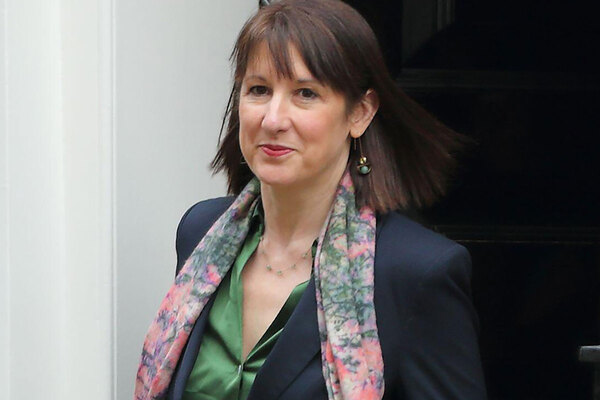You are viewing 1 of your 1 free articles
Auditor general outlines ‘real fears’ about the building safety regime in Wales
The public sector watchdog in Wales has warned that the absence of a national framework for building safety is leaving local authorities in a poor position to deliver change, to the point of potentially being unlawful.
The damning warning was made in a report by the auditor general for Wales – the statutory auditor and inspector of public sector bodies across the country.
In his report this week, Cracks in the Foundations – Building Safety in Wales, the auditor general warned that while the proposed changes to the building safety regime are to be welcomed, those responsible for implementing them are not well placed to deliver them.
Ultimately, the report concludes that local authorities are unable to effectively carry out their enhanced roles to ensure buildings in Wales are safe.
Just last month, the Welsh government confirmed that all of the house builders that signed up to the developers pact to remediate buildings with fire safety issues have set out plans for completing the work.
This was after a resident group sent a letter to the head of building safety remediation in Wales to highlight their concern that their developer had not set out a plan to complete the work.
In response, the Welsh government said that Redrow has submitted a plan for fire safety work, alongside the other developers that signed the pact.
This is not the first time the Welsh government has had to defend its approach to building safety. In March 2022, a group of residents described its approach as “a stain” that leaves homeowners “left to carry the burden”.
The Welsh government defended its position, saying that it had set aside money in its draft Budget for the next three years to go towards fixing unsafe buildings and said its approach went much further than just the cladding.
The letter from Welsh Cladiators outlined 17 concerns and accused the Welsh government of lagging behind the rest of the UK in its approach to the crisis.
The group expressed its frustration at the Welsh Building Safety Fund, which it described as “undefined”.
Inside Housing revealed in May that around a quarter of £375m fund had been spent so far by the Welsh government on fire safety works, surveys and cladding removal.
The financial management of building safety and control was something the auditor general had particular concern about.
The report found that some authorities’ current practices are potentially unlawful because they do not operate in line with the regulations and guidance.
There also remains uncertainty over how some aspects of the new building safety regime will be implemented, with some key decisions yet to be decided on.
It was highlighted that many councils in Wales have not outlined how they are planning to deliver the requirements of the Building Safety Act 2022.
Other problems include significant staffing challenges, with an ageing workforce and poor succession planning. The lack of investment in training and development means services are not resilient or fit for the future.
Plus, the absence of a national framework for monitoring and evaluating building control and safety means that local authorities and partners are not working to agreed outcome measures and targets.
Adrian Crompton, auditor general for Wales, said: “The Grenfell Tower fire was a national tragedy, the impact of which we continue to feel today. My report highlights major concerns with the implementation of the new system for building safety.
“Although it’s heartening to see the passion and commitment from those working in the sector, I am concerned that not enough priority is being given to these services on the ground. The absence of robust plans, clear decision-making, and adequate resources raises real fears that the new legislation will not be delivered and the problems it is seeking to address will remain."
The auditor general’s report made a number of recommendations, both for the Welsh government and local authorities.
These include providing greater clarity on the implementation and expectations of Part 3 of the Building Safety Act, and ensuring there are sufficient resources to deliver the legislative and policy changes.
In addition to increasing oversight and management of building control, to ensure there is a robust assurance system in place for building control and safety.
In response, a Welsh government spokesperson said: “Reforming the current system of building control is a priority for us and we welcome today’s report.
“The report provides an overview of the state of local authority building control services and is not a review of the Welsh government’s building safety programme. We have developed a phased timetable for implementation of the Building Safety Act provisions which apply to Wales.
“This has been communicated widely to the industry and other stakeholders and work will begin early in 2024.”
Sign up for our Wales newsletter
New to Inside Housing? Click here to register and receive our Wales round-up straight to your inbox
Already have an account? Click here to manage your newsletters












